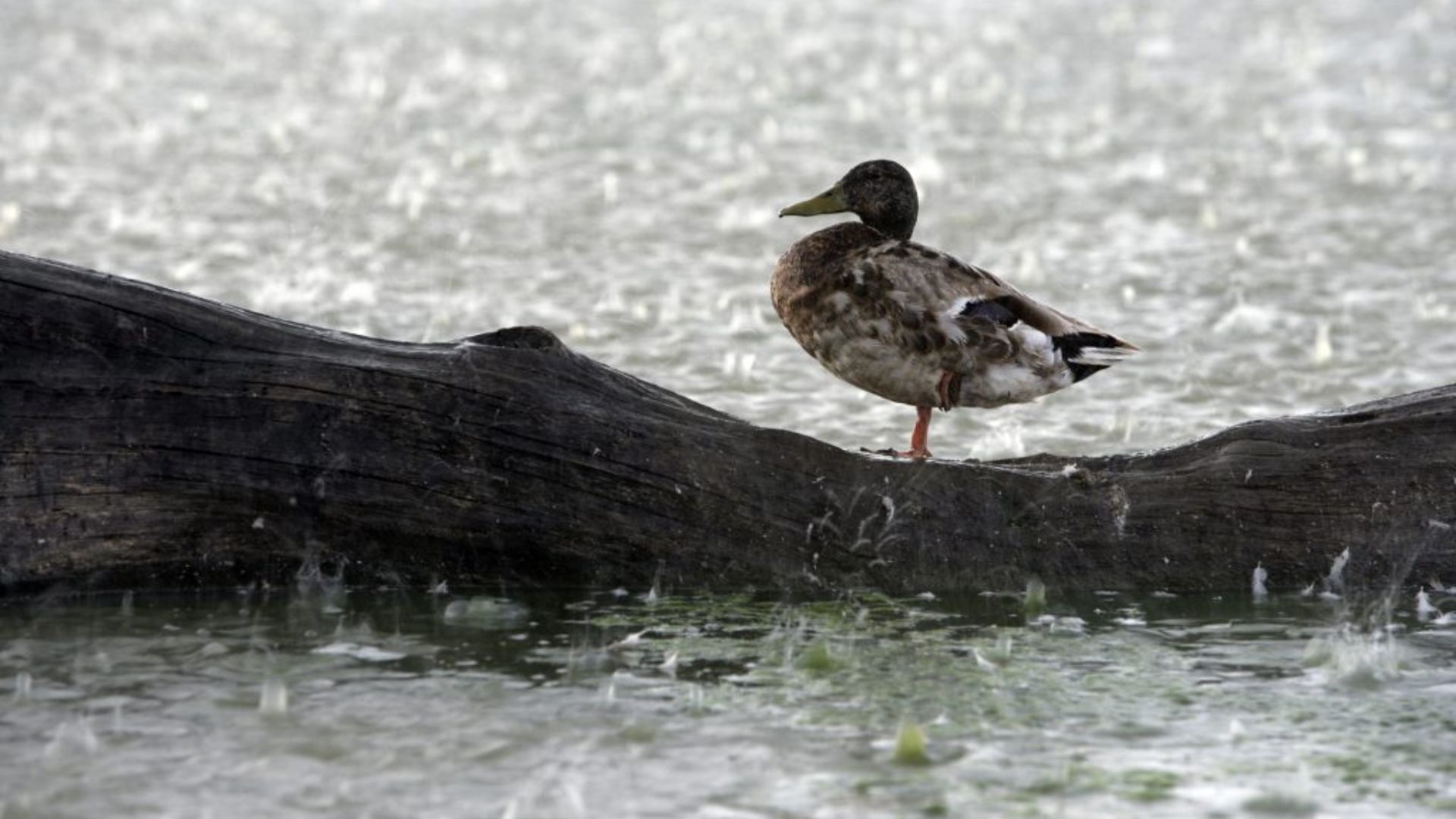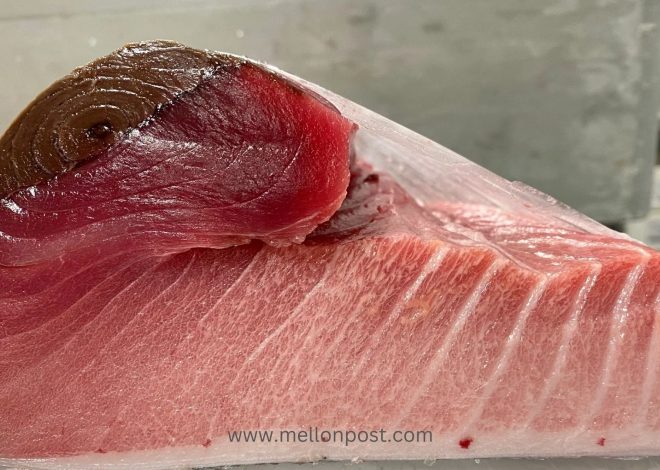
Why do ducks stand in the rain?
Ducks often stand in the rain, and while this behavior may seem curious, there are several reasons behind it, primarily linked to their physiology and behavior.
Waterproof Feathers
Ducks have specialized feathers that keep them dry even in heavy rain. Their outer feathers are coated with a natural oil produced by a gland near their tails, making them waterproof.
This means that when ducks stand in the rain, they do not get wet to the skin, allowing them to enjoy the rain without discomfort. The down feathers underneath provide insulation, keeping them warm.
Enjoyment of Water
Ducks are naturally attracted to water, and many studies suggest that they enjoy the sensation of rain. They may tilt their heads back and puff out their chests, seemingly relishing the experience. This behavior can be seen as a form of play or enjoyment, similar to how they react to being sprayed with water or playing in a pool.
Social Behavior
Ducks often stand together in groups during rain, which may provide a sense of safety and social bonding. This behavior can also be attributed to their instinctual tendencies to stay close to one another, especially in potentially vulnerable situations like inclement weather.
Sensitivity to Environment
Ducks are sensitive to environmental changes, including wind and rain. Standing in the rain may help them gauge weather conditions, as they are adapted to face headwinds, which can keep their feathers aligned and reduce water pooling on their backs.
Possible Endorphin Release
While there is no definitive scientific evidence, some anecdotal reports suggest that being in the rain might increase ducks’ endorphin levels, leading to feelings of happiness. This could explain their seemingly joyful demeanor when standing in the rain.
In summary, ducks stand in the rain due to their waterproof feathers, enjoyment of water, social behavior, sensitivity to their environment, and possibly even a release of endorphins. Their unique adaptations allow them to thrive in wet conditions, making rain a natural part of their habitat.


